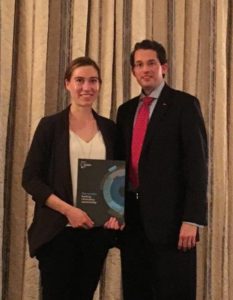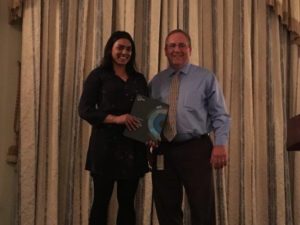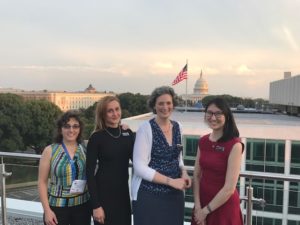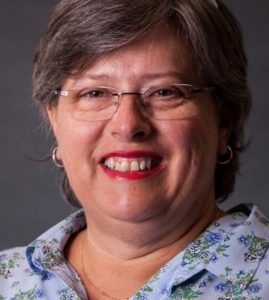The University of California Chemical Symposium (UCCS) is a three-day conference that brings together graduate students and postdocs from all ten UC campuses for a weekend of poster presentations and talks, career and professional development, and social activities. It is organized by students, for students. Our North American office has been proud to support this event from its foundation through our community development and leadership training initiatives for students and postdocs.
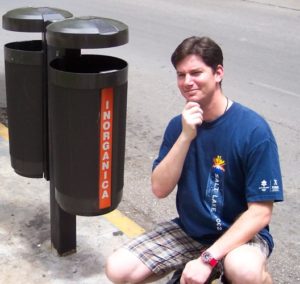 Professor Seth Cohen from the University of California, San Diego, is the founder and faculty mentor for UCCS, as well as a member of the Editorial Board of our journal ChemSocRev. We talked to Seth to learn more about how the UCCS came about and where it’s going.
Professor Seth Cohen from the University of California, San Diego, is the founder and faculty mentor for UCCS, as well as a member of the Editorial Board of our journal ChemSocRev. We talked to Seth to learn more about how the UCCS came about and where it’s going.
Q: This is going to be the third annual UC Chemical Symposium – what prompted or inspired the start of the UCCS program?
A: The program was inspired by two events. The first was the beginning of a series of annual meetings for the Chairs of the Chemistry Departments across the UC system (which itself was inspired by a conversation with Prof. Bill Tolman, who told me about similar Chairs’ meetings at Big-10 schools). I found these Chairs’ meetings useful and it sparked the idea of a student/postdoc symposium. The second event, was a conversation with Katie Dryden-Holt of the RSC. She was looking to enhance membership in the US, and the UC symposium seemed like a good opportunity for her to recruit RSC members across the UC campuses.
Q: What is your role in the program and how has it changed over time?
A: I initiated the idea and recruited the first organizing committee (with substantial help from the RSC). These days, I am more just the institutional knowledge (from year-to-year) and faculty mentor to bounce ideas off of. The organizing committee really does the heavy lifting. In the future, I hope the symposium becomes largely self-sufficient, to the point I am not really needed anymore. I really want this to be something that the students own and sustain.
Q: Did you have anything like this when you were a grad student or postdoc?
A: No. The closest was the GRS: Bioinorganic Chemistry. This was one of the first GRS meetings and it was my favorite meeting. I made many close friends and I loved that it was student run and organized. That was a large part of the inspiration for the structure of the UCCS.
Q: The low registration fee of $259 covers all of the program activities, meals, accommodations and more. How is the organizing team able to make the cost so affordable?
Fundraising. The one thing about this conference I was fairly confident in was that we would be able to initiate a robust fundraising effort. Organizations love to support students. The mission of UC is to support students. I reasoned that most UC Chemistry Departments, Dean’s offices, and other organizations could each give some support, which collectively, would result in a lot of funds to make the symposium quite inexpensive. Additional support from the RSC, ACS, publishers, and most recently the NSF has further helped make this symposium readily accessible to all students and postdocs.
Q: What is the most challenging part of having ten campuses involved?
A: Making sure all campuses are represented on the organizing committee and that all committee members remain engaged. With only 1-2 representatives per campus, if just 1 or 2 people don’t to their job it can result in an entire campus being excluded – not deliberately, but because of a lack of information being communicated to that campus. Conference calls can be hard to schedule with that many people as well
Q: As an Editorial Board member for ChemSocRev, you also initiated the Primer collection of tutorial reviews to help new grad students get up to speed with all the most exciting research and help figure out their own research interests for graduate school. Why is education and training the next generation so important to you?
A: The future success of the chemical sciences and the solutions it will bring to society in the fields of energy, the environment, health, and technology are in the hands of the next generation. It is important to me that the young scientists I work with feel motivated, supported, and excited to pursue cutting-edge research in the chemical sciences or whatever field their career takes them.
Q: Would other regions benefit from having a program like this, or is it unique to UC?
A: Absolutely! I’d love to see the idea come full circle, back to the Big-10 (where Bill Tolman is) and see them do something similar. I think this could be done regionally all over the country and the world.
Q: What do you see, or hope to see, the future holding for UCCS?
A: I think the autonomy is key. I love being involved, but to make it in the long term, it needs to become fully independent of me as a single faculty mentor. Personally, I think the size and the format are really good. I’d like to see it spread to other universities. For the UCCS specifically, I’d like to see it alternate between a SoCal and NorCal location (we’ve looked at Lake Tahoe), to make it more equitable travel-wise for the NorCal UC campuses.
Q: What’s your favorite thing about the UCCS?
That it brings the students together. I think that is so important – to meet your peers from across the state and share experiences.



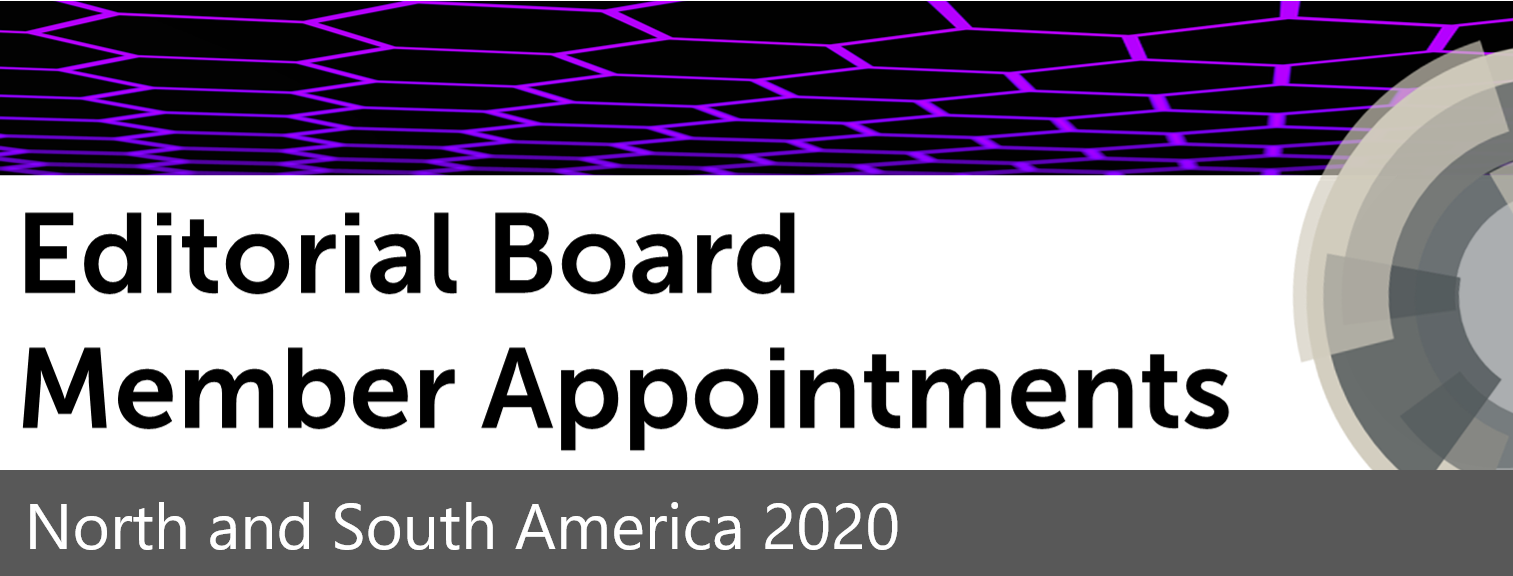









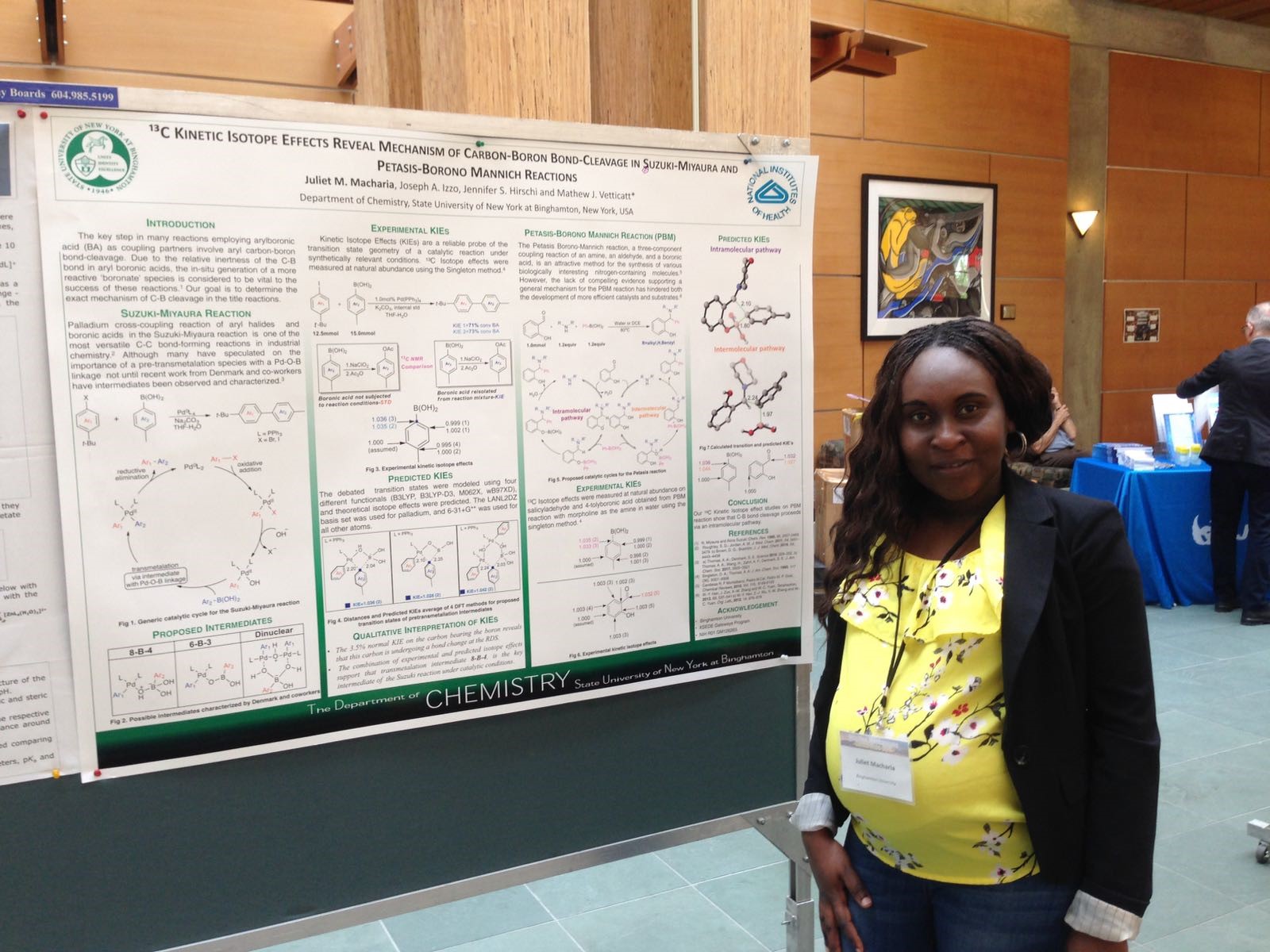


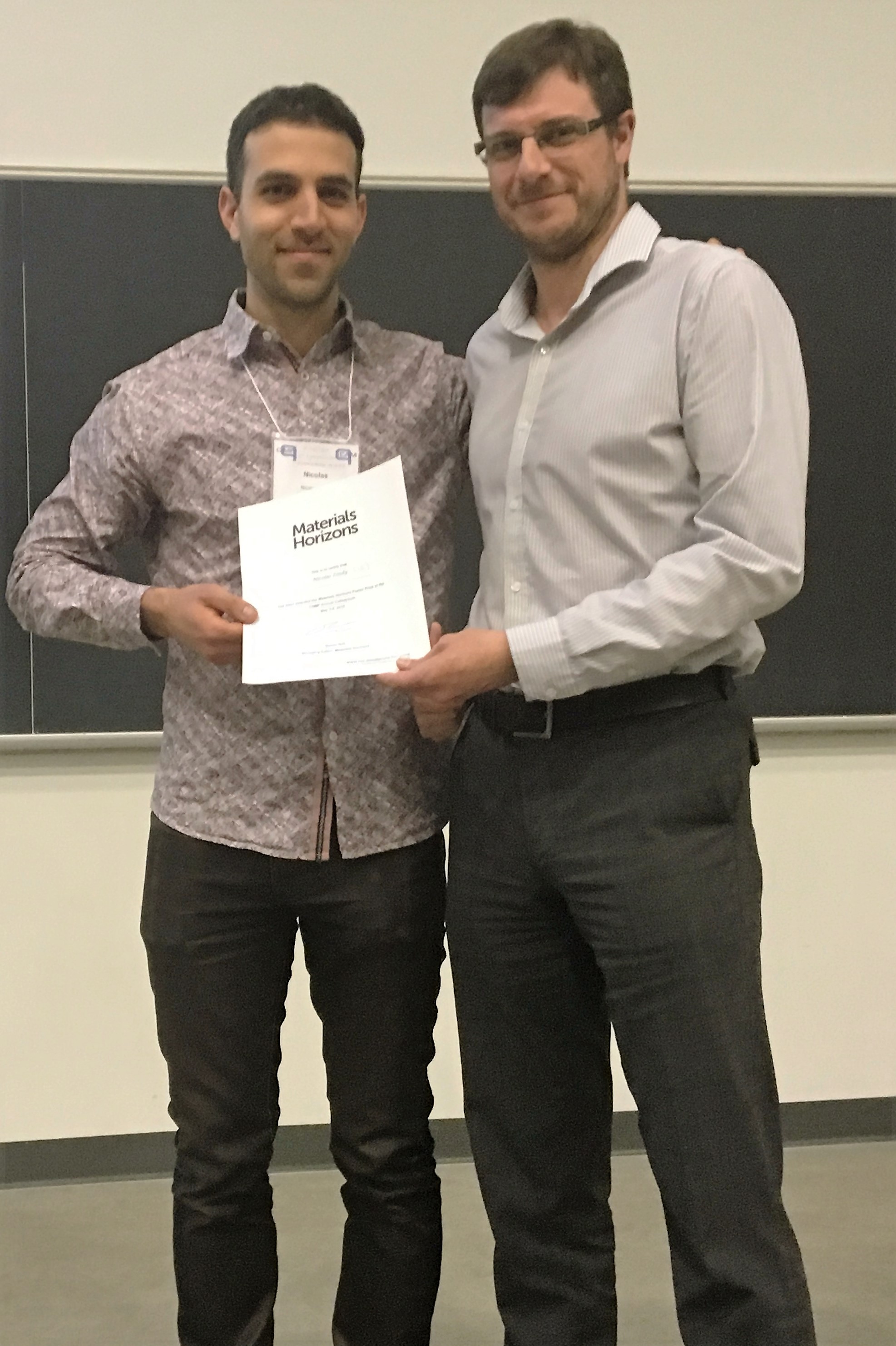
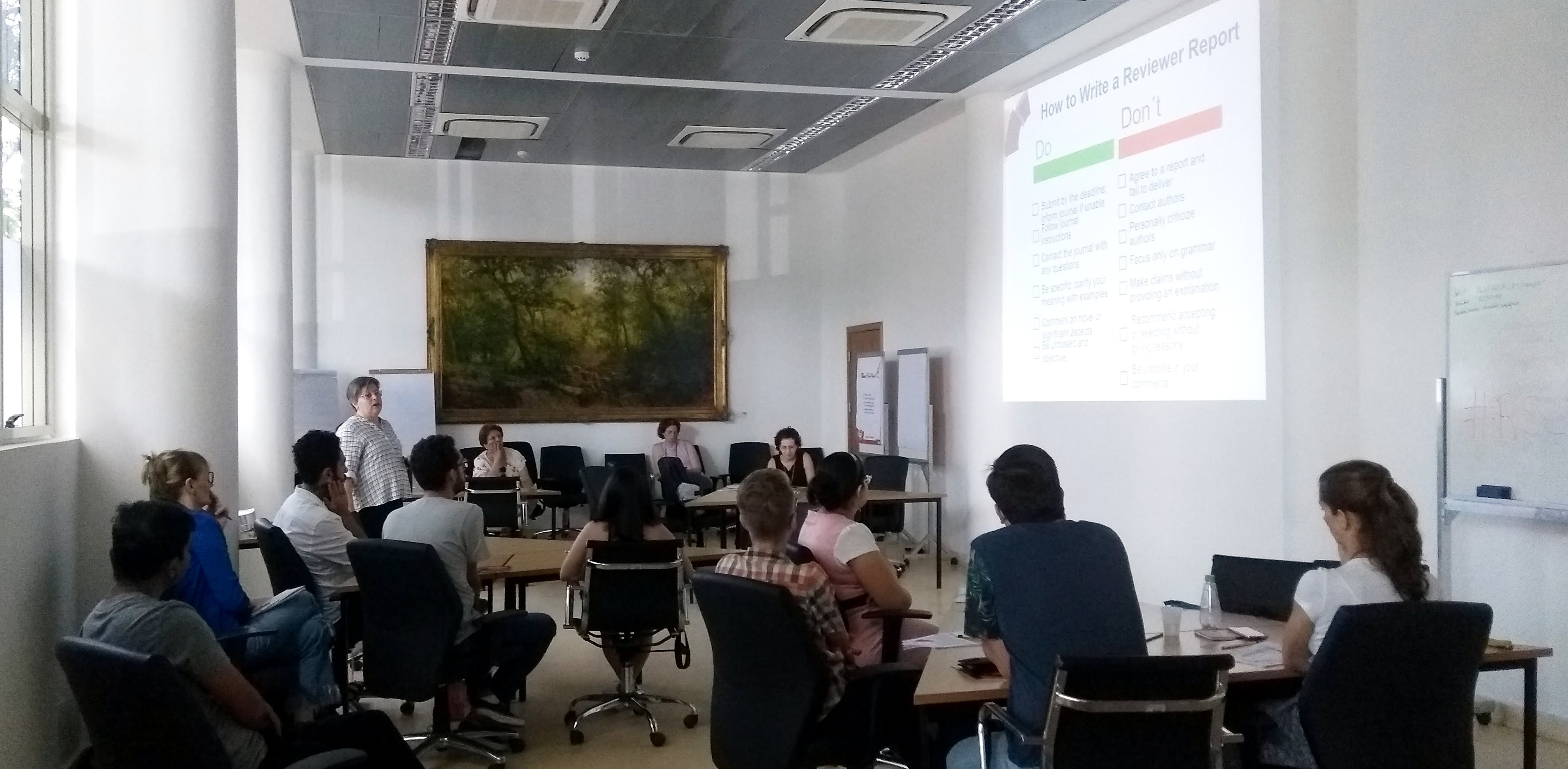
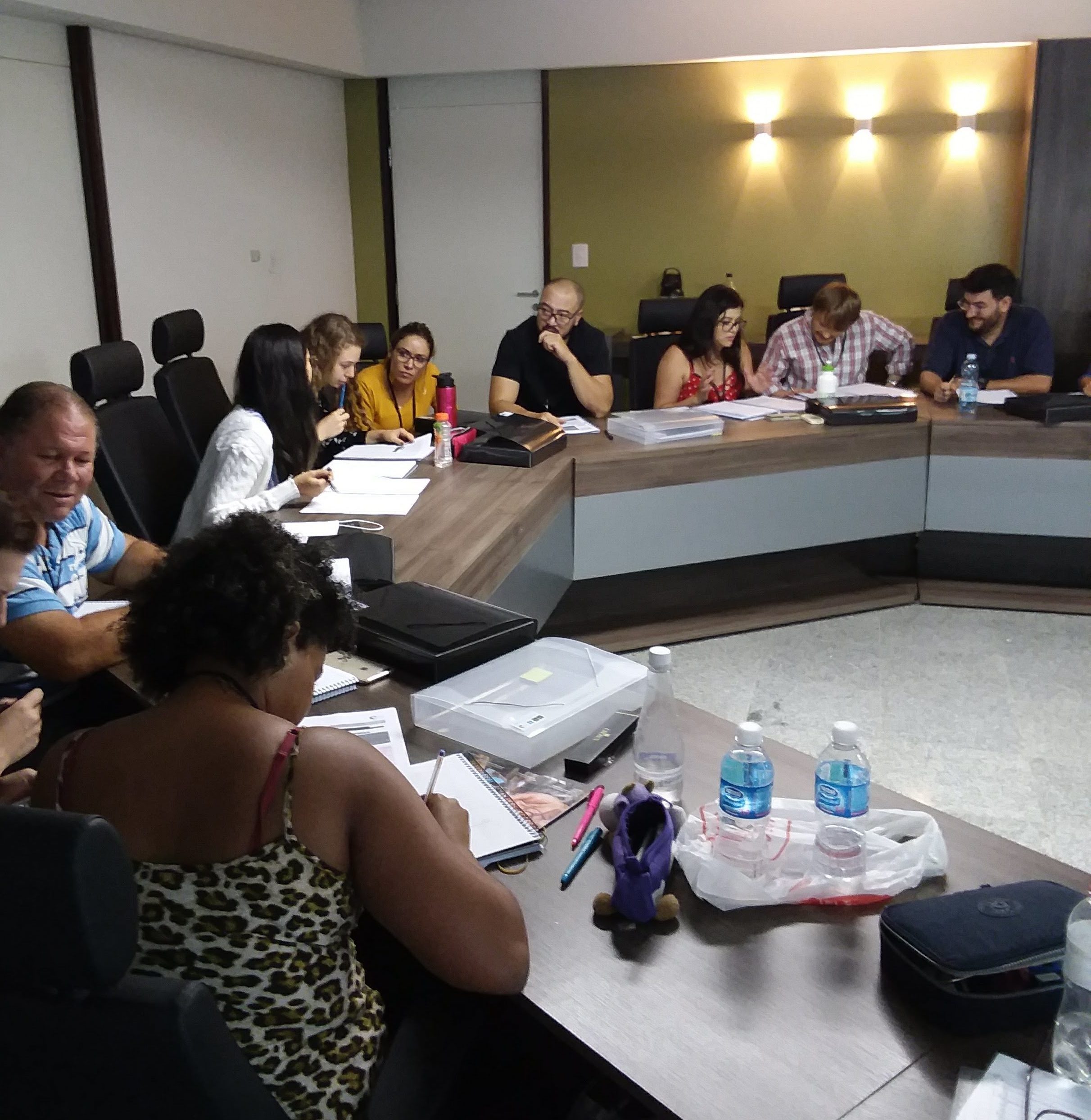
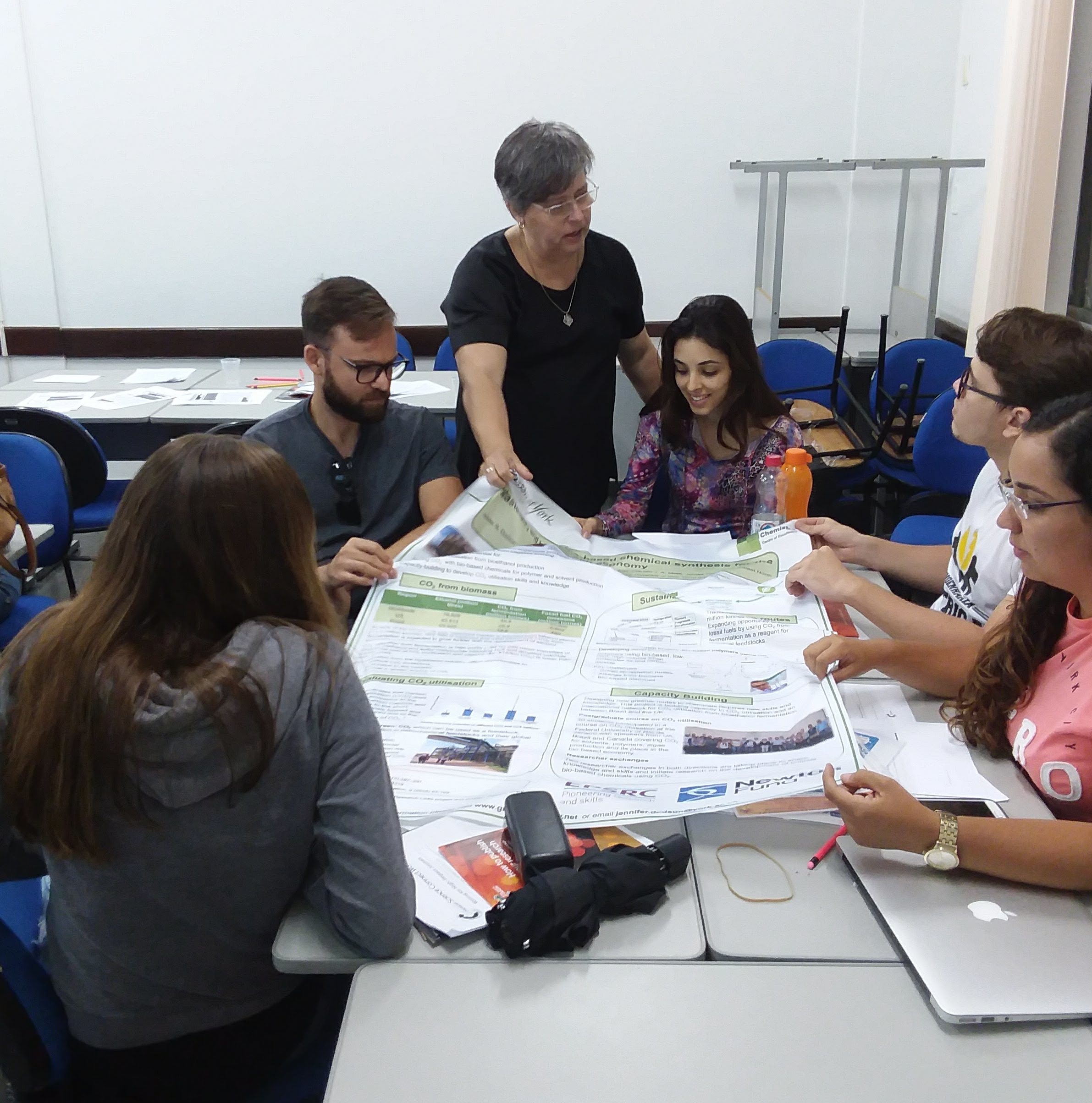
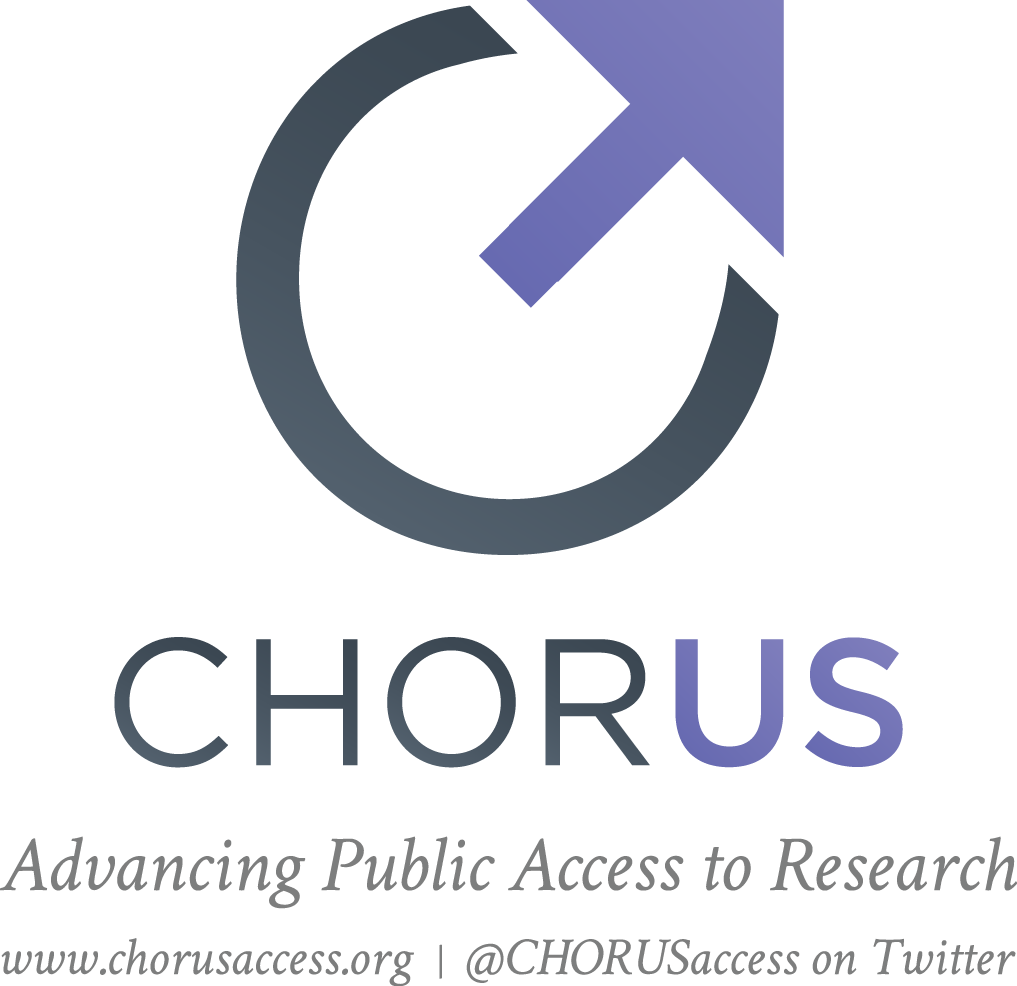 Subsequent to the memo, a partnership of scholarly publishers created
Subsequent to the memo, a partnership of scholarly publishers created 
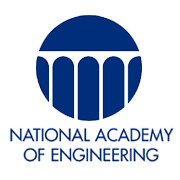 s
s
